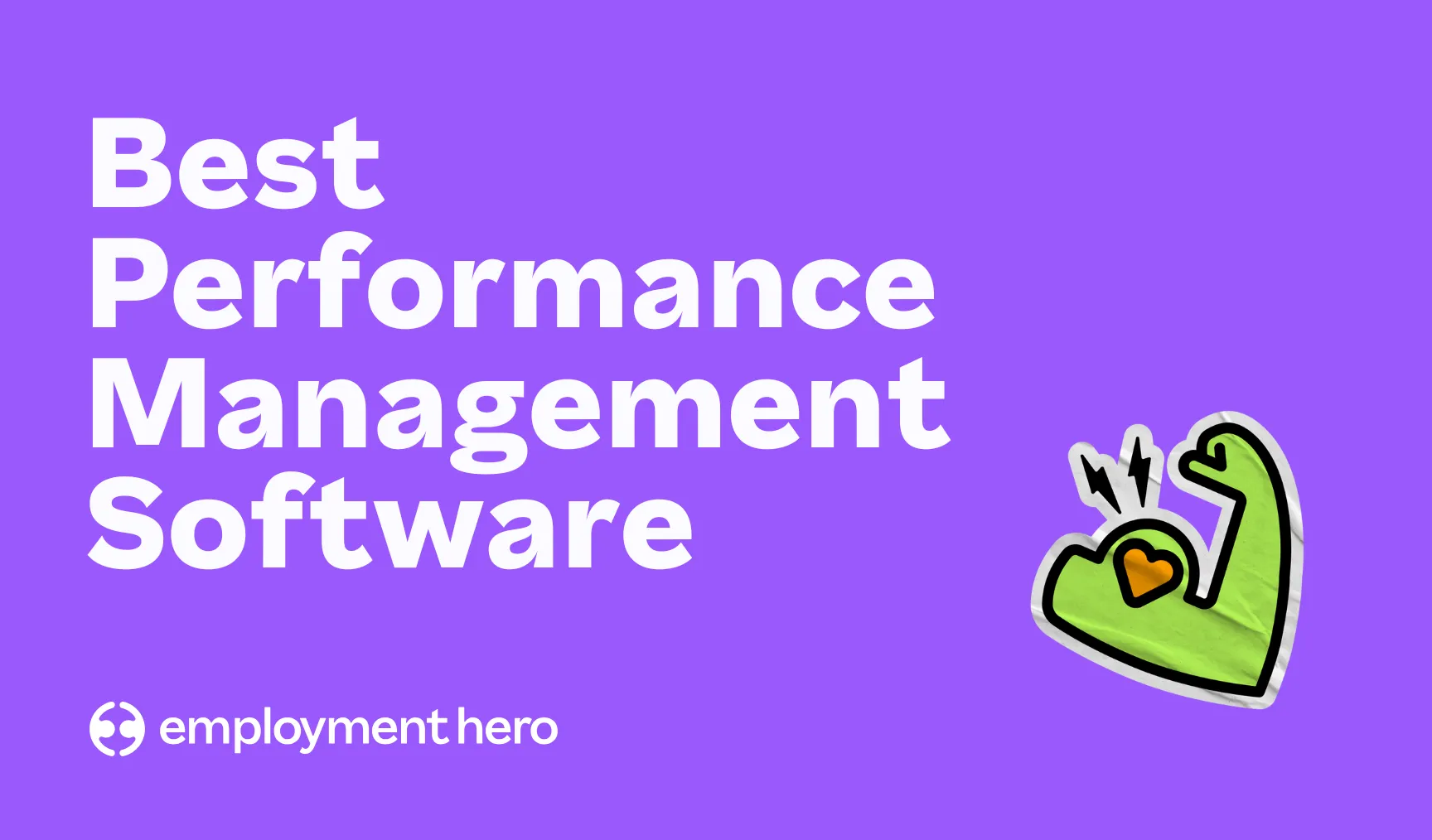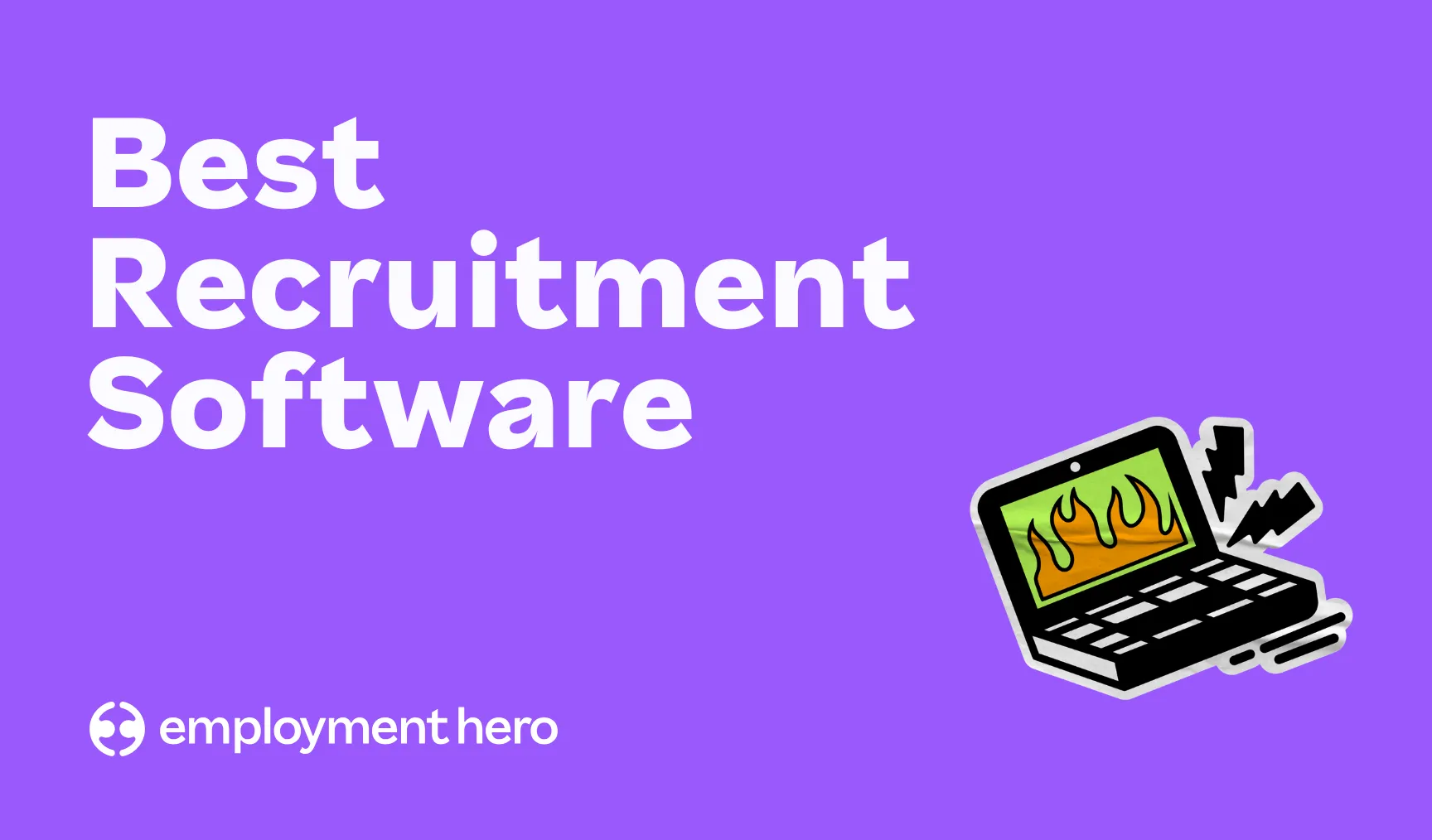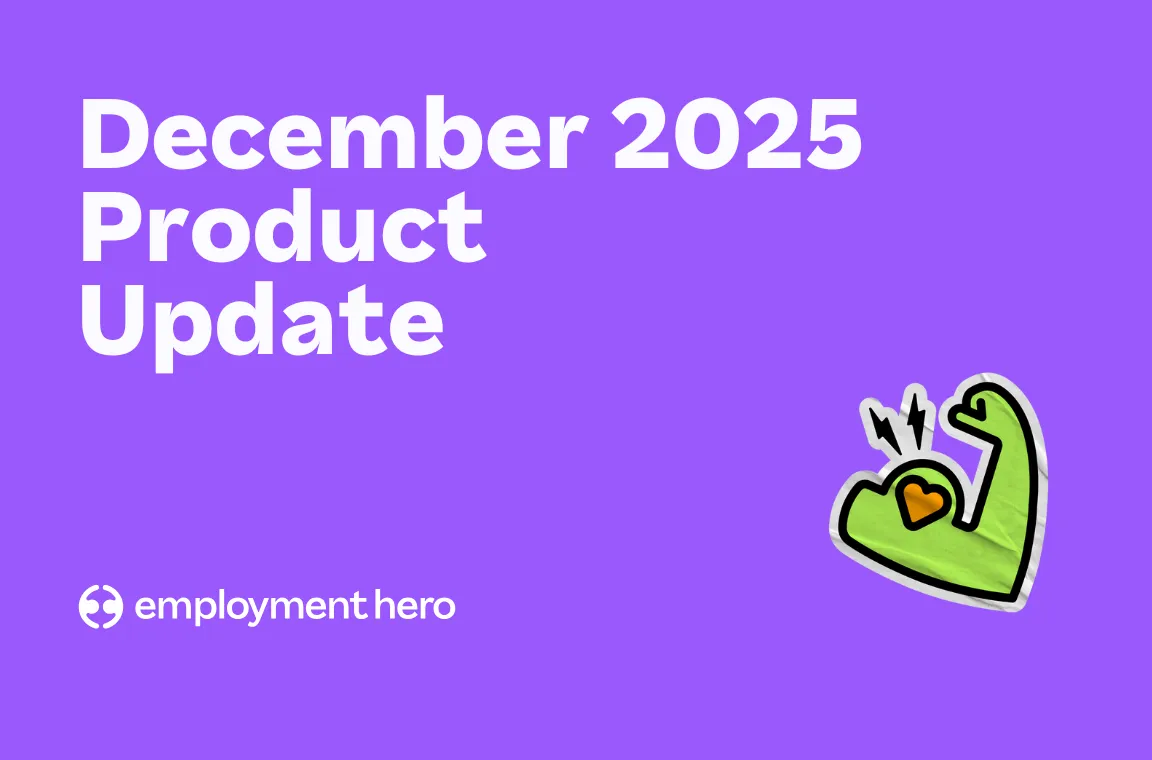Record Keeping Requirements For Australian Businesses
A comprehensive guide on what business records you need to keep and why, including a checklist of the most important documents.

Australian businesses, no matter how large or small, need to keep good records, and checks and balances to track how their business operates. This includes records about your finances, profit and loss, details about your employees, and information about your operations.
Some records are a legal requirement, and others help you keep tabs on how your business is performing over time. So it’s a given that you need to keep records. But which ones?
Let’s take a look under the hood, so you know what to hold on to. Don’t worry – this won’t hurt, we promise!
Financial records
These are the records that help you track cash flow, understand your financial health and get ready to file your tax return. It’s also usually the first thing the bank will ask to see before they agree to provide you with a loan or credit.
Business financial records include:
- receipts and invoices for things you buy and sell
- supplier contracts
- bank statements
- details about your business assets
- tax documents including activity statements and annual tax returns
- GST documents
- wage and salary records
- fringe benefits and superannuation documentation
- finance and loan documentation
You can find detailed financial record-keeping requirements on the ATO website. For an overview of business tax laws, refer to Australian Business Tax 101.
Employee records
Employee information helps you meet tax and superannuation obligations, as well as pay everyone correctly. Be aware that time and wage records need to be kept for seven years.
Employee records can include:
- staff rosters, attendance and pay records
- bank accounts, tax file numbers and superannuation details
- employee contact details
- work performance and history
- employment contracts
The Fair Work Ombudsman sets out more details here. For insights on avoiding common HR mistakes, check out 8 Common HR Mistakes To Avoid.
Legal records
These records show how your business operates. They include:
- business registration documents
- leases
- client contracts
- insurance documentation
If your business is incorporated, you’ll also need to keep board meeting minutes.
Policies and procedures
Policies and procedures cover the day-to-day operations of your business; they document how things are run. Companies often give a copy of their policies and procedures to new employees as soon as they start; you may ask for a sign-off as part of a contract.
Additionally, your clients might ask to see your operating procedures when they work onsite to make sure the right safety measures are in place. Make sure you keep these documents well organised so you can easily update them with any legislation changes.
They include:
- workplace health and safety plans
- sexual harassment policies
- operation manuals
- work from home policy — download here.
For more information, you can check out our guide to Workplace Policies and Procedures.
Did you know that Employment Hero can provide you with access to a library of in-built policies and templates? If you’d like to learn more, get in touch with one of our small business specialists today to learn more.
Other useful documents to keep
Some documents help run your business at an optimal level, but it’s not a legal requirement to keep them.
These include:
- customer records
- customer complaints
- quotes and tenders
- marketing and advertising campaigns
- insurance policies
Your business might also find it useful to prepare monthly financial statements to monitor your cash flow, financial position and any risks. For a comprehensive understanding of bookkeeping, read For SMBs: What Is Bookkeeping?.
How long should you keep records for?
The Australian Securities and Investment Commission (ASIC) and the Fair Work Ombudsman require businesses to keep records for seven years. This includes all your employee time and wages documentation. The rules at the Australian Taxation Office are a little different.
You’ll need to keep records five years after you create them. So a document you created for your 2015 tax return needs to be kept until the end of the 2020 financial year.
In some situations, you’ll need to keep records for longer, such as capital gains tax information for your business assets.
Get a good record-keeping system
A good document management or storage system will help you keep track of how your business is performing, make your reporting obligations easier to manage and take the pain out of lodging your tax return. Hallelujah! Keep in mind, in the event of a dispute or legal issue, you’ll rely on your records.
So if they’re well stored and easy to find, you’ll save yourself a lot of time (and stress)! There are a few different ways you can keep your records, but note that the ATO and ASIC need your documents to be in writing, in English, and they must explain all your business transactions.
Companies often prefer to keep their documents electronically these days because they’re easier to store and find. If this is what you choose to do, here are a few things to consider. Electronic copies must be a true copy of the original.
They must be stored in a secure system that’s accessible, protected and backed up.
Online software and/or platforms are fantastic for this. Think Xero or MYOB for financial records or Employment Hero’s offering for paperless HR. To decide when it’s time to hire an accountant, visit When to Hire an Accountant For a Small Business.
Depending on the type of software you’re using, like our examples above, you’re likely to have access to additional functionality to manage your records, create records on the go, retrieve information and meet your reporting obligations more efficiently.
If you’d like to keep paper records, make sure they’re filed correctly and safe from damage. Original documents can be useful in legal disputes or to support electronic versions if any issues arise. The best practice is to keep copies electronically – just to cover all bases.
Get the experts in
Setting up a record-keeping system can be difficult, especially if accounting isn’t your strong point. Reach out to your bookkeeper, accountant or business advisor to see what might work for your business. They will no doubt recommend some great software options like those mentioned above. Understand the legal requirements of hiring in Australia with this free guide.
If you’re not quite ready to engage someone to help, the ATO has more information on record keeping for small businesses here.
Not sure if you need to bring the experts in? Read our tips on choosing in-house payroll vs outsourced payroll. Just be careful!
Even if your bookkeeper or accountant is keeping records for you, at the end of the day, it’s your responsibility to ensure you’re meeting your legal requirements.
A word about privacy
Records of any kind are at risk of misuse, so it’s critical that you have a good understanding of Australian Privacy Law and how that applies to the personal information your business holds. That is any information that could identify someone, like their address or bank details.
Consider the information you have to hand about your staff as well as your customers and put a plan in place to protect it.
As a starting point, it’s a good idea to implement a privacy policy for your staff to read and sign so they understand the importance of keeping private information confidential.
You should also be aware that although employee information isn’t subject to privacy laws, it’s still considered private and confidential and should only be accessed by the employee and relevant payroll staff. Read up about privacy laws on the Office of the Australian Information Commissioner’s website.
Above all remember, if your customers can’t trust their information with you, they’re likely to take their business somewhere else.
Setting the record straight
Keeping up-to-date and well-organised records is fundamental to good business management. Some records are a legal requirement, like tax returns and employee contracts. Others help you better understand business performance, like customer feedback and marketing results.
Ideally, managing your records should be part of your process so that your business runs like a well-oiled machine and you can access information as and when you need it.
Of course, reaching this utopia will require some groundwork. Get the ball rolling by first understanding your legal requirements, financial, employee and legal documents as well as policies and procedures that you’re required to have on hand for up to seven years.
Consider other records you’d like to keep – what information do you need to help inform your business decision-making? Then put a plan in place. How will you stay on top of your record keeping? Like many businesses, you may opt to enlist help from specialised software and/or experts like an accountant.
You’ve got this. The benefits are so worth the paperwork!
Related Resources
-
 Read more: Best Performance Management Software in Australia 2026
Read more: Best Performance Management Software in Australia 2026Best Performance Management Software in Australia 2026
Boost employee performance with the top seven performance management software in Australia for 2026. Compare features and find the right…
-
 Read more: Top 7 Best Recruiter Software in Australia 2026
Read more: Top 7 Best Recruiter Software in Australia 2026Top 7 Best Recruiter Software in Australia 2026
Find the top seven recruiting software in Australia for 2026. Enhance your hiring process with these powerful recruitment tools.
-
 Read more: Product Update: December 2025
Read more: Product Update: December 2025Product Update: December 2025
Welcome to the December 2025 product update from the Employment Hero team. We’ve got lots to share around Custom Forms,…

























